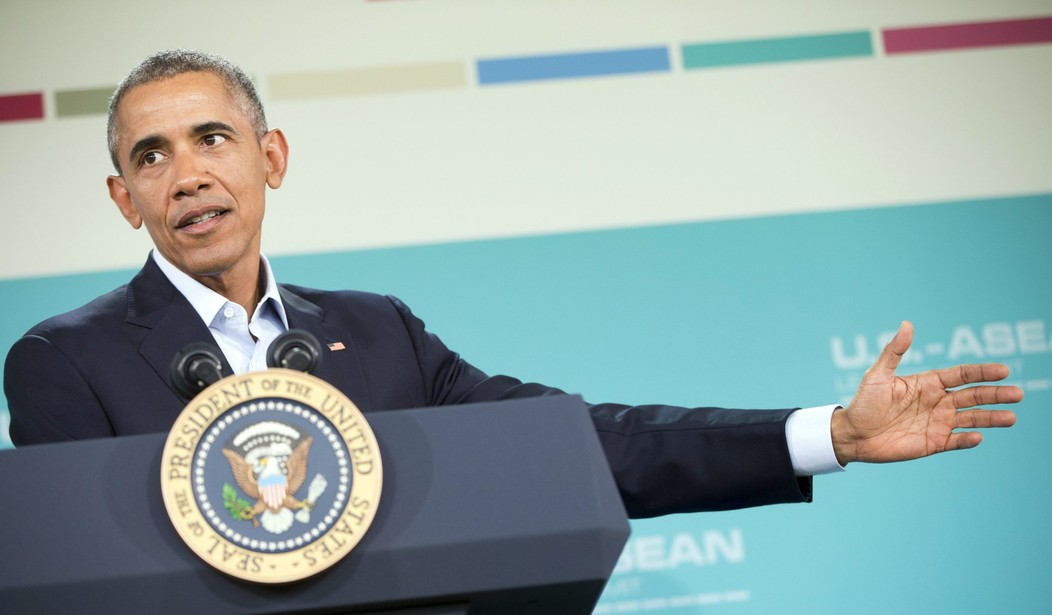Jessica Alba has built an empire on fear. Her billion dollar business, the Honest Company, has predicated its business model on the fact that parents, in particular mothers, will stop at nothing to protect their babies from every danger — real and imagined. She fear-mongers on the chemicals found in her competition’s products without disclosing the fact that they are in her own. She advertises gluten-free diapers, lest your baby find itself with nothing to eat but its diaper. Julie Gunlock exposed the scam in a scathing New York Post must-read op-ed.
Smaller companies and growing businesses have seen just how much Alba and many others have profited off of the fear of new parents. Two new companies made their way into my Facebook newsfeed this week trying to do just that. The danger with these two business models isn’t just that they’re capitalizing off of the fear and lack of information of new parents, but that they are also building a germ-free bubble for a new generation of kids who are put at risk for allergies because of it.
Kickstarter has some great parenting inventions that funders can get in on the ground floor of. I’ve backed more videos from Baby Signing Time to teach my daughter more sign language and purchased great little gadgets like this one which turns any glass or cup into a sippy cup. I’m particularly interested in the parenting inventions on the crowd-funding site.
There’s a fine line between an invention which makes your life easier and one that makes it exponentially harder. This project, which has been funded almost three times over and counting, is the latter. It is, as an incredulous Paula so aptly described it when I sent it to her, a straight jacket for babies.
As any parent with babies in diapers knows, when a child produces something…er…interesting in their diaper, sometimes little hands want to go exploring. Juggling a diaper change and keeping hands clean can sometimes be a challenge. This invention keeps babies’ hands to themselves, freeing parents to just have a diaper to take care of.
This challenge, keeping hands clean and teaching about what should be handled — and what should not — is part of parenting. In the short-term it’s easier to use a straight jacket to prevent gross hands, but as parents, we should be keeping the long game in mind. Give a man a fish, feed him for a day; teach a man to fish, feed him for a lifetime. Teaching children where their hands go, and where they do not, is one of the many lessons that even babies can and should be learning. When we trust babies and toddlers with lessons like these, you would be surprised what they learn.
Another small business that made its way into my Facebook news feed, thanks to a sponsored post in my timeline, is much of the same.
As you just learned in our little lesson on changing pads, kids are messy. To say that their car seats, which they sit in with leaky diapers and food can get messy is an understatement. This is what happened to my daughter’s when I made the poor decision to let her eat some raspberries on the way home from Costco this summer:
What did I do with this raspberry crime scene? I took my daughter out, got a wet paper towel and wiped it down. I don’t need a professional service to clean up even the worst mess imaginable. This company doesn’t want to just have you hating the mess, they want you to fear it.
A fascinating new theory is emerging in the medical community called the hygiene hypothesis and it’s one of those things that just makes sense. In an article for WebMD we learn,
A mounting body of research suggests that exposing infants to germs may offer them greater protection from illnesses such as allergies and asthma later on in life.
This line of thinking, called the “hygiene hypothesis,” holds that when exposure to parasites, bacteria, and viruses is limited early in life, children face a greater chance of having allergies, asthma, and other autoimmune diseases during adulthood.
In fact, kids with older siblings, who grew up on a farm, or who attended day care early in life seem to show lower rates of allergies.
Just as a baby’s brain needs stimulation, input, and interaction to develop normally, the young immune system is strengthened by exposure to everyday germs so that it can learn, adapt, and regulate itself, notes Thom McDade, PhD, associate professor and director of the Laboratory for Human Biology Research at Northwestern University.
One of the most basic principles of the Montessori method of learning is that children learn with all of their sense: their eyes, ears, noses, mouths and hands. Engaging with every one of their sense, but especially touch, teaches children about the world around them. Putting those hands in straight jackets prevents learning, even if it also prevents them from getting a giant handful of poo. Kids can learn from everything; yes, even poo.
Parental fear over germs isn’t just doing a number on parents’ bank accounts (and one could argue, by extension, the number of kids parents are having when babies are viewed as an astronomical expense and hassle), it’s also hurting the very kids it’s claiming to help. Our couches and cars might be cleaner, their hands might not make as many prints across our sliding glass windows, but to what end? The image of childhood is mess. It turns out, that mess is probably for their own good.
Images via Kickstarter and Shutterstock












Join the conversation as a VIP Member